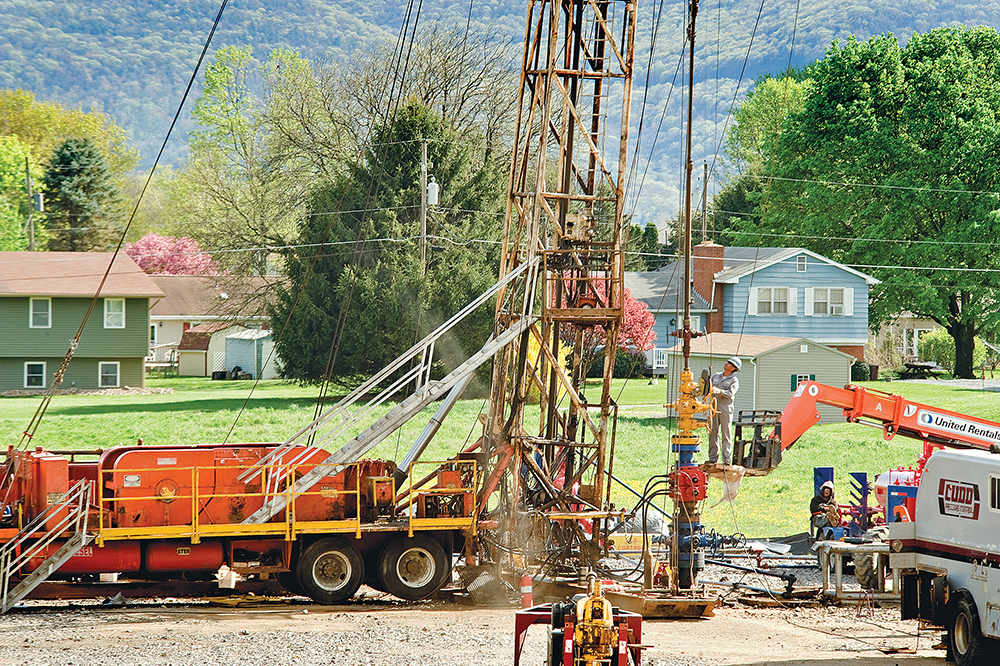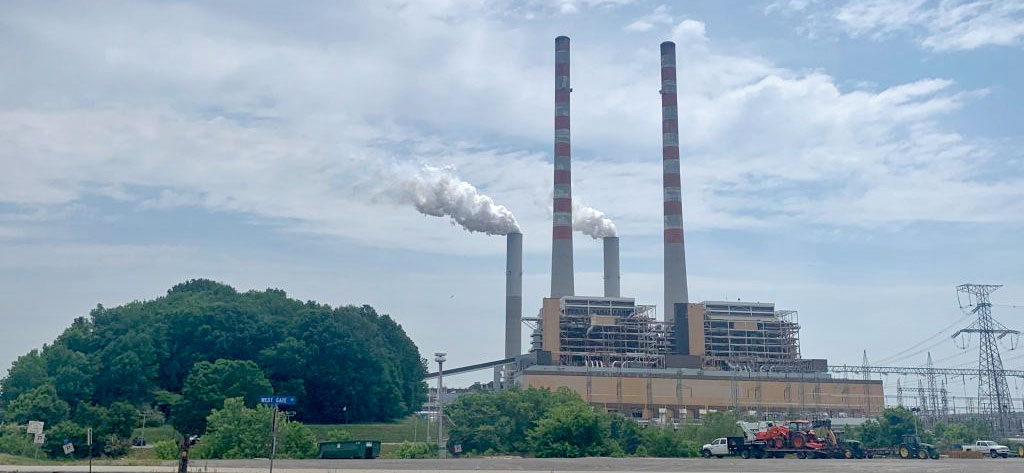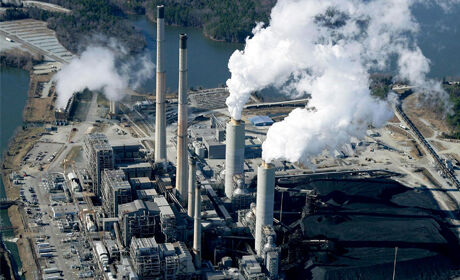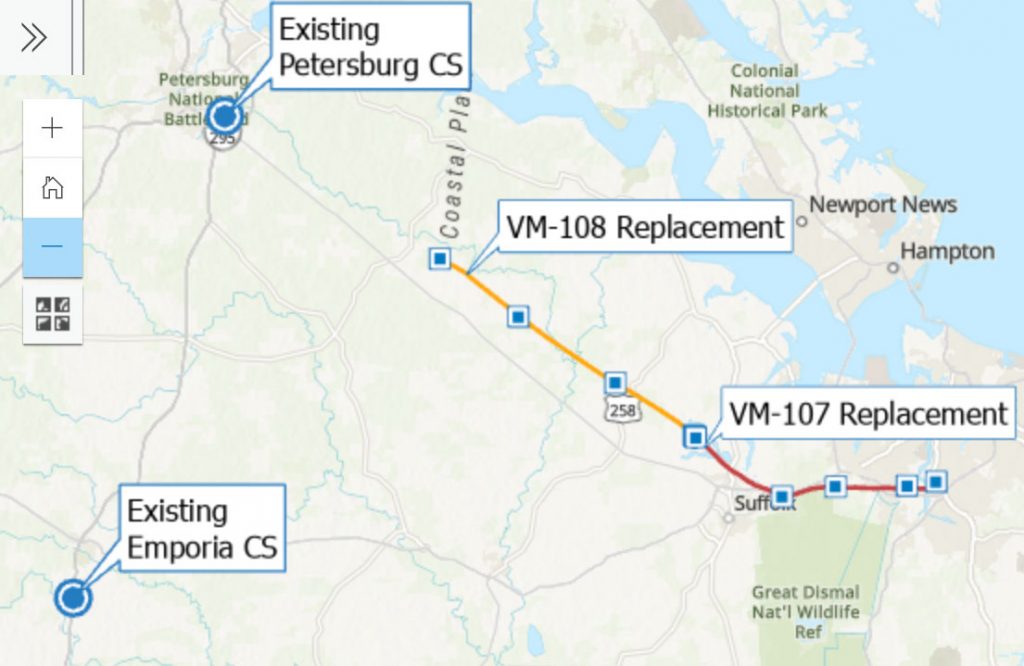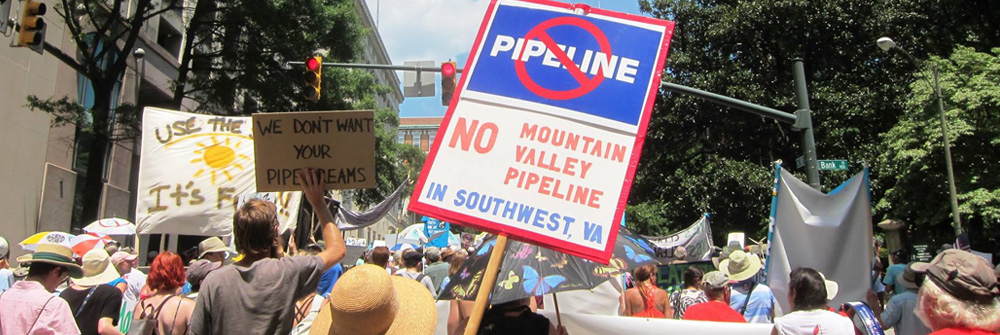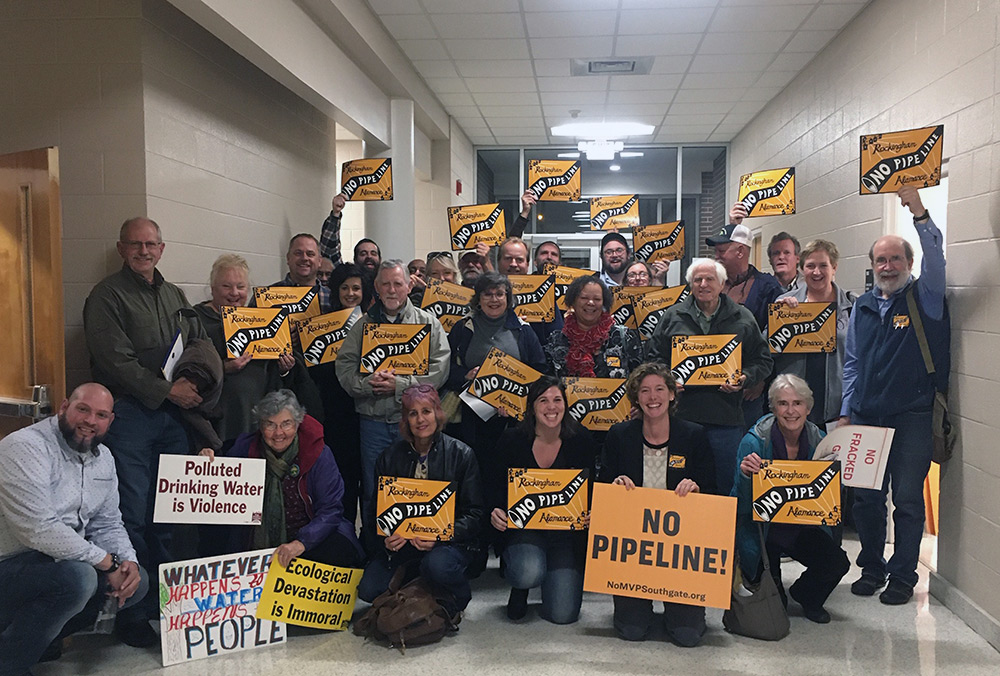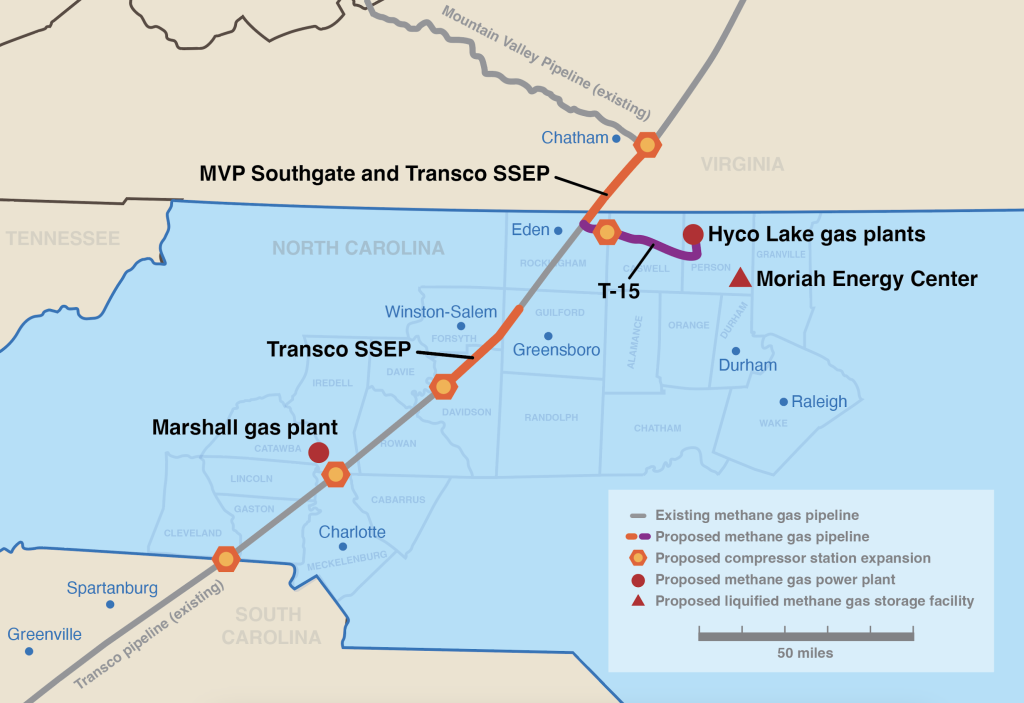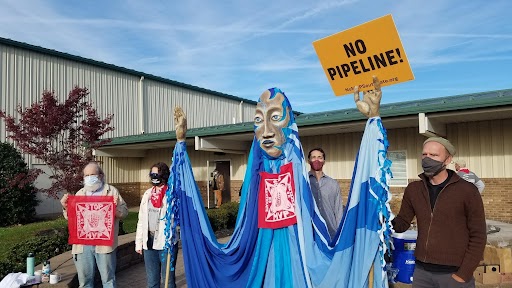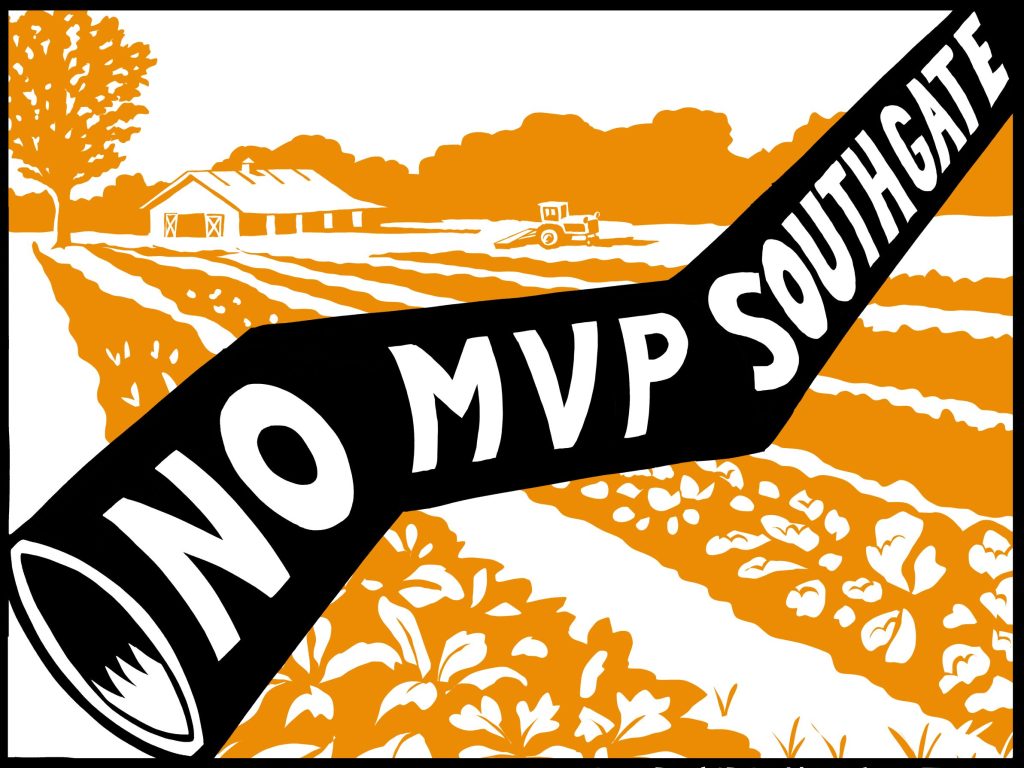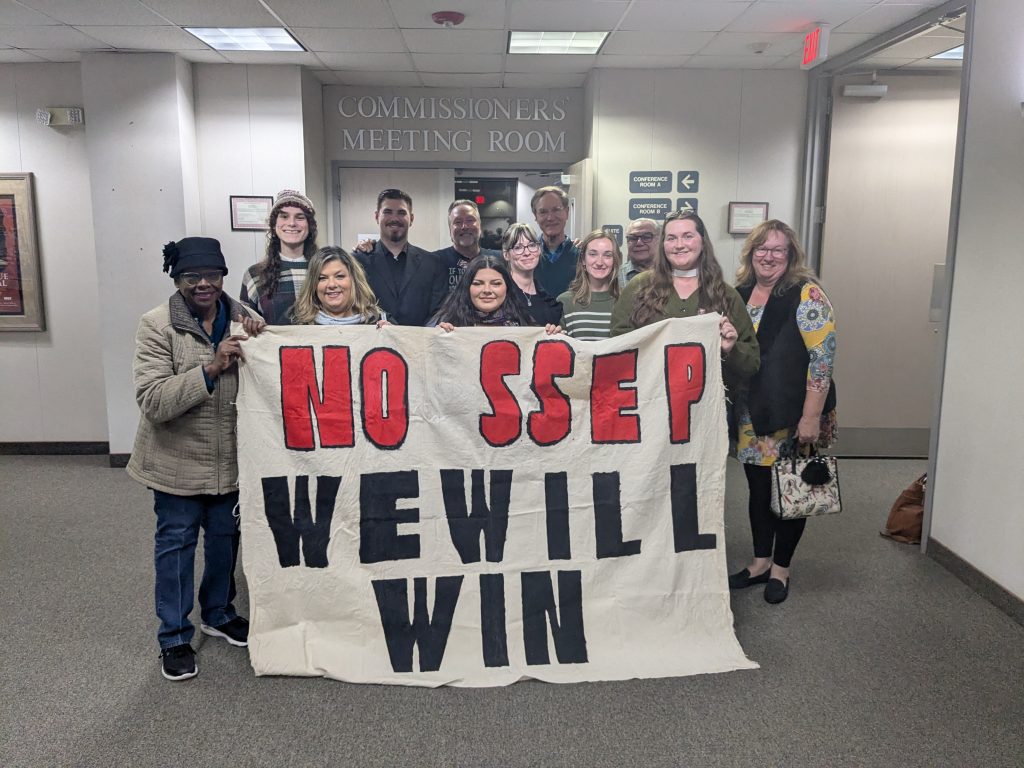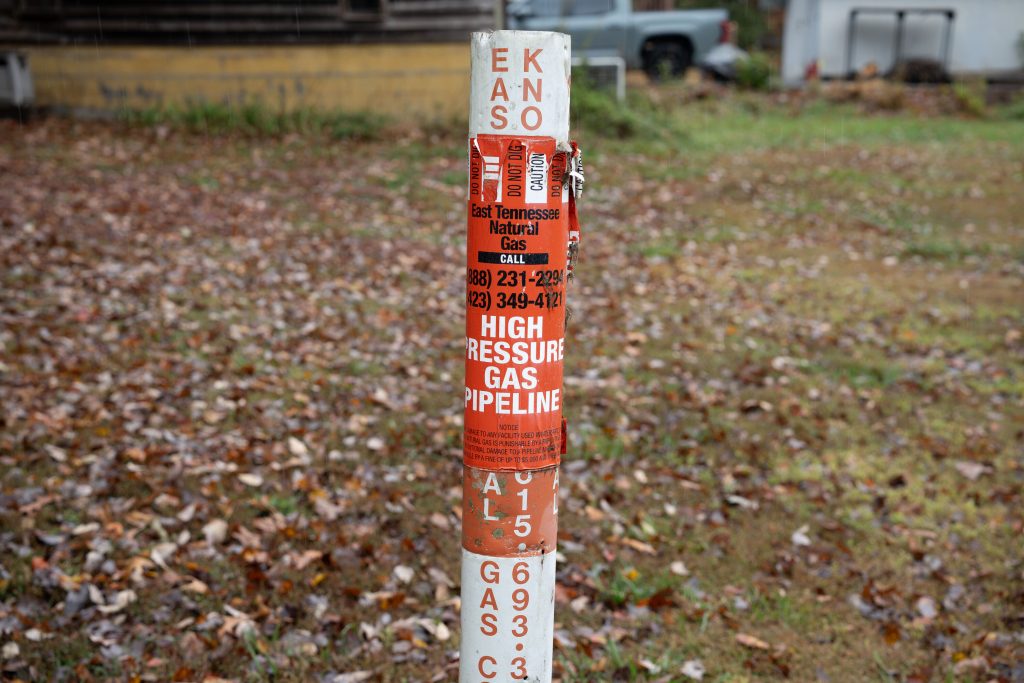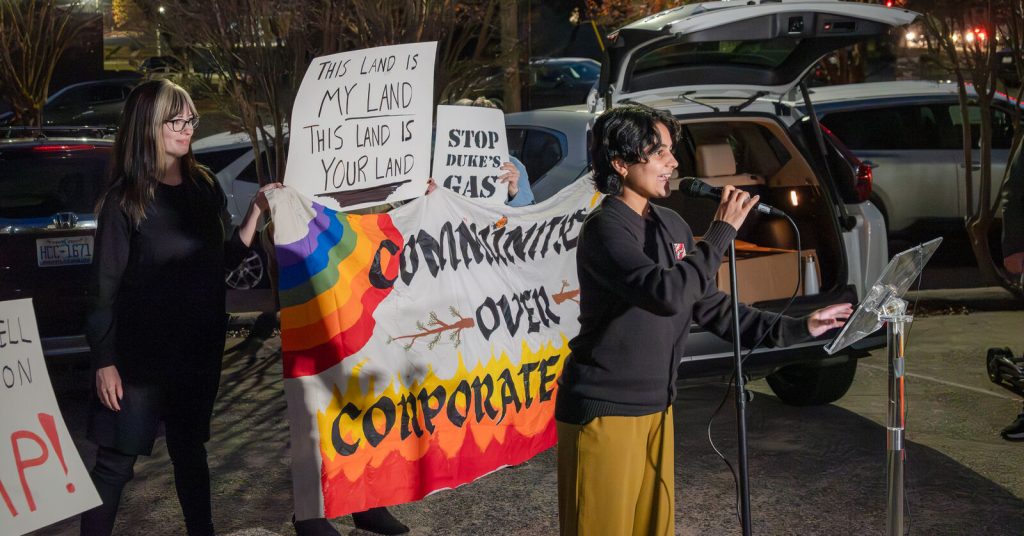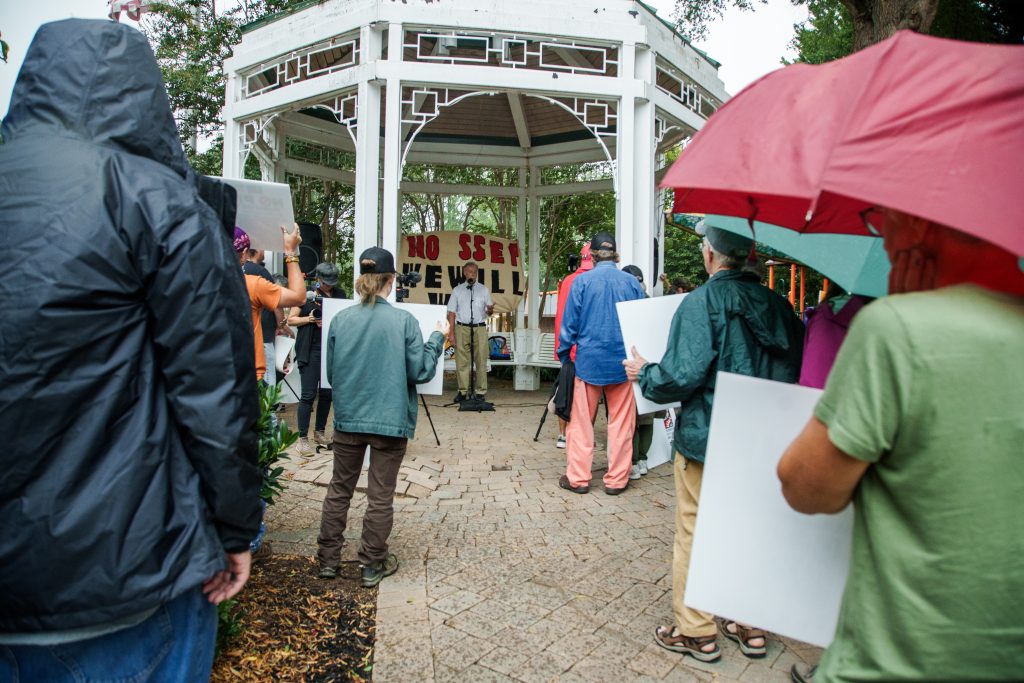Stop Pipelines & Fracked Gas

Photo By Sierra Shamer / Fractracker
Two decades ago, so-called natural gas exploded on the American energy market, pushed by the industry as a supposedly clean “bridge” fuel to transition the economy from dirty coal to renewable sources of electricity generation like solar and wind.
But this gas is far from clean. From the time that it is extracted using a destructive drilling method called fracking, its transport through pipelines, train cars and trucks, to the power plants where it is burned, the dire environmental and human costs of this fossil fuel are now abundantly clear. In particular, this polluting infrastructure is often sited in communities of color, lower-income areas and other environmental justice communities.
Studies show that investments in renewable energy and energy efficiency are on par with, or sometimes more affordable than, building new gas infrastructure. Many states are enacting policies to tap into the rising solar and wind sector. Yet the fossil fuel industry is rushing to build methane gas pipelines and power plants to squeeze as much profit as possible out of the waning fuel, putting most of the financial risk on customers.
Appalachian Voices is tackling the spread of fracked gas head-on by legally challenging fossil fuel proposals and pushing back against the antiquated policies and rubber-stamping agencies that govern the development of gas infrastructure. We are also partnering with communities in the fight against new fossil fuel infrastructure, providing resources and training to bolster local opposition. And we are pressuring decision-makers to force them to consider the harm to communities threatened by polluting energy development.
And the tide is starting to turn. In July 2020, Duke Energy and Dominion Energy canceled the 600-mile Atlantic Coast Pipeline. The massive fossil fuel project was riddled with problems, starting with the fundamental fact it was not needed to meet energy demand. Standing beside the many communities and organizations that made this historic victory possible, we’re taking this momentum and applying it toward the fight against other destructive, climate-harming projects that threaten community safety, our clean air and water, and that would raise electricity costs for residents.

Latest News
Virginia DEQ approves water permits for controversial SSEP pipeline
FOR IMMEDIATE RELEASEDecember 29, 2025 CONTACTDan Radmacher, Media…
FERC approves Southgate pipeline amendment to change route, gas capacity
Today, the Federal Energy Regulatory Commission announced its approval of an amendment to change the route, pipe diameter and gas-carrying capacity for the methane-gas pipeline Mountain Valley Pipeline Southgate, proposed for Virginia and North Carolina.
Davidson County Board of Commissioners passes resolution expressing concern on Transco’s SSEP
The Davidson County Board of Commissioners passed a resolution expressing concern around the proposed Southeast Supply Enhancement Project.
Hundreds of residents, advocates speak out against proposed Transco pipeline project
More than 650 residents and advocates have spoken out against Williams Transco’s Southeast Supply Enhancement project during the North Carolina Department of Environmental Quality comment period on its air permit applications.
North Carolina utilities are spending billions on methane gas infrastructure
Billions of dollars of pipelines, power plants, compressor stations and other methane gas infrastructure are at various stages of development across our state. We can rise up against this irresponsible surge of new fossil fuels that would increase electric bills while damaging public health and our land, air and water.

